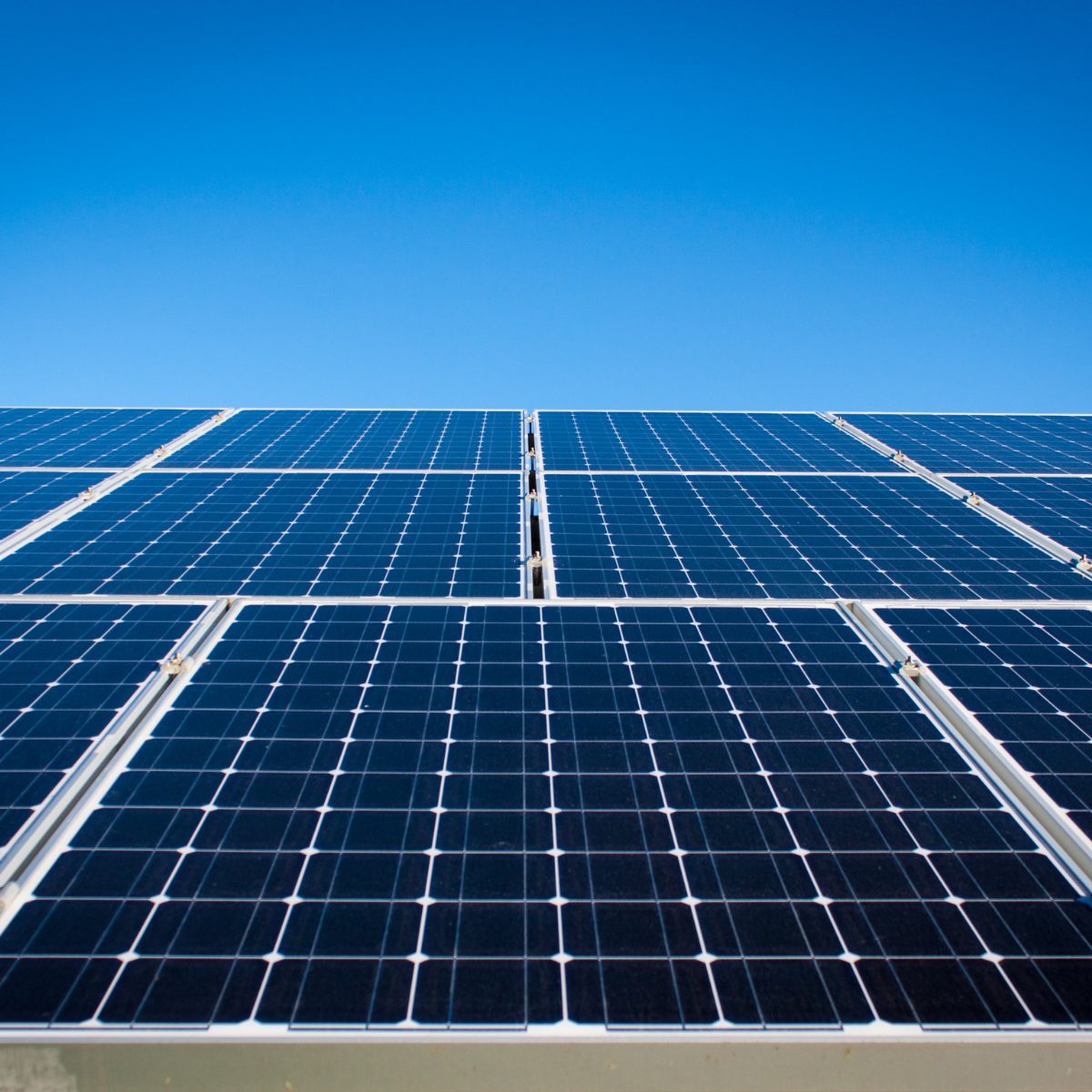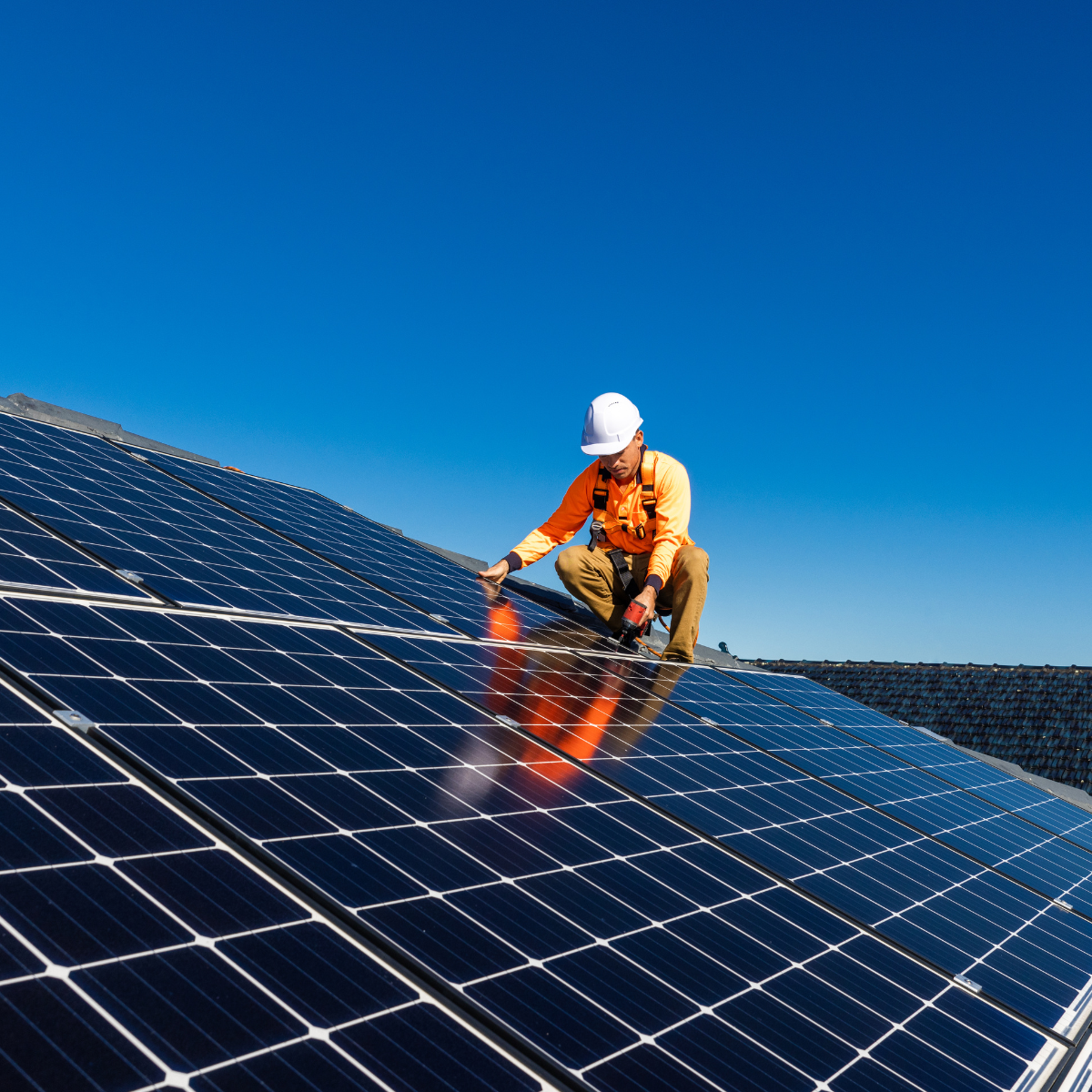How Does Solar Energy Work?
Solar energy is one of the most powerful and reliable renewable energy sources available today. It harnesses the sun’s natural power and converts it into electricity that can be used to run homes, businesses, and entire industrial operations. With rising energy costs and a push for sustainability, more people and businesses are turning to solar power as a way to reduce their dependence on the grid.
Understanding how solar energy works can help businesses and homeowners make informed decisions about switching to renewable power. This guide explains the fundamentals of solar energy, how it is generated, and why it is becoming an increasingly popular energy solution.
What is Solar Energy?
Solar energy is power generated by the sun and converted into electricity using photovoltaic (PV) technology. Every day, the sun produces an enormous amount of energy, and just a fraction of that sunlight is enough to meet global electricity demands. Unlike fossil fuels, solar energy is completely renewable, does not produce harmful emissions, and can be generated directly on-site, reducing reliance on external energy suppliers.
Solar panels, also known as photovoltaic (PV) panels, capture sunlight and convert it into electricity. These panels are typically installed on rooftops, ground-mounted systems, or integrated into large solar farms. Once in place, they generate power for decades with minimal maintenance.
How Solar Panels Generate Electricity
Solar energy generation begins with the photovoltaic effect, a process where solar panels convert sunlight into electrical power. This happens in several steps:
- Solar panels absorb sunlight through semiconductor materials, typically silicon, which releases electrons from atoms.
- This creates an electrical current, which is captured by conductive plates within the panel.
- The direct current (DC) electricity produced by the panels is then passed through an inverter, which converts it into alternating current (AC) that can be used in homes and businesses.
- Once converted, the electricity can be used immediately or stored in battery systems for later use.
If more electricity is generated than needed, excess power can be sent back to the national grid. In some cases, homeowners and businesses can earn money by selling surplus electricity through government-backed schemes.
Solar Energy for Homes and Businesses
For homeowners, installing solar panels is a way to reduce energy bills and become less dependent on electricity suppliers. With increasing energy prices, many households are now looking at solar energy as a long-term investment that provides both savings and environmental benefits.
For businesses, solar power is an effective way to cut operating costs and meet sustainability goals. Many companies are adopting solar to reduce their carbon footprint, improve their energy security, and future-proof their operations against rising utility prices. Solar energy is especially beneficial for large industrial sites, warehouses, retail buildings, and office spaces where energy demands are high.
The Role of Battery Storage in Solar Energy
One of the key advancements in solar energy is battery storage technology. Traditionally, solar power could only be used during the day when the sun was shining, but with battery storage, businesses and homeowners can store excess energy for use at night or during peak demand periods.
Battery storage systems work by storing surplus solar energy produced during the day. When sunlight is unavailable, stored energy is used instead of drawing electricity from the grid. This maximises efficiency and reduces reliance on external power sources, further increasing energy savings.
For businesses that operate outside of daylight hours or in industries with high electricity demands, battery storage offers greater energy independence and stability.
Benefits of Switching to Solar Energy
Solar energy offers a wide range of benefits, making it an attractive option for both residential and commercial users.
- Reducing electricity bills by generating your own power instead of relying entirely on the grid.
- Lowering carbon emissions and reducing environmental impact by using a clean, renewable energy source.
- Increasing energy independence by protecting against fluctuating energy prices and supply disruptions.
- Boosting property value, as homes and businesses with solar panels are seen as more energy-efficient.
- Qualifying for government incentives, tax reliefs, and schemes that allow businesses and homeowners to earn money by selling excess electricity back to the grid.
The Future of Solar Energy
As solar technology continues to advance, efficiency levels are improving, and costs are decreasing. This makes solar energy one of the most accessible renewable energy sources available today. More businesses and homeowners are investing in solar, not just for the financial benefits but also to contribute to the transition towards a cleaner, more sustainable energy system.
With growing concerns about climate change and the increasing demand for reliable energy solutions, solar power is set to play a major role in shaping the future of energy generation. Governments, businesses, and households are all recognising the advantages of moving away from fossil fuels and embracing solar energy as a long-term solution.
Why Powerdown220 Supports Solar Energy
At Powerdown220, we are committed to helping businesses reduce energy costs and improve efficiency. While our focus is on voltage optimisation—ensuring that businesses use only the electricity they need—we recognise the importance of solar energy in creating a more sustainable future.
By combining solar energy with voltage optimisation, businesses can maximise their energy efficiency, reduce waste, and achieve even greater savings. Our expertise in energy management allows us to provide tailored solutions that work alongside renewable energy technologies to create the best results for our clients.
Whether you are a business looking to reduce costs or a homeowner interested in clean energy, solar power is a smart investment that offers long-term benefits.
Conclusion
Solar energy is more than just a trend; it is a practical and cost-effective way to power homes and businesses while reducing reliance on fossil fuels. By harnessing the power of the sun, businesses and homeowners can cut costs, improve sustainability, and future-proof their energy supply.
With advancements in technology making solar more efficient and affordable, now is the perfect time to consider making the switch. For those looking to get the most out of their energy use, combining solar power with voltage optimisation ensures the highest level of efficiency and savings.
At Powerdown220, we are here to help businesses navigate the best energy solutions for their needs. If you’re interested in learning more about how to improve your energy efficiency, get in touch with us today.


